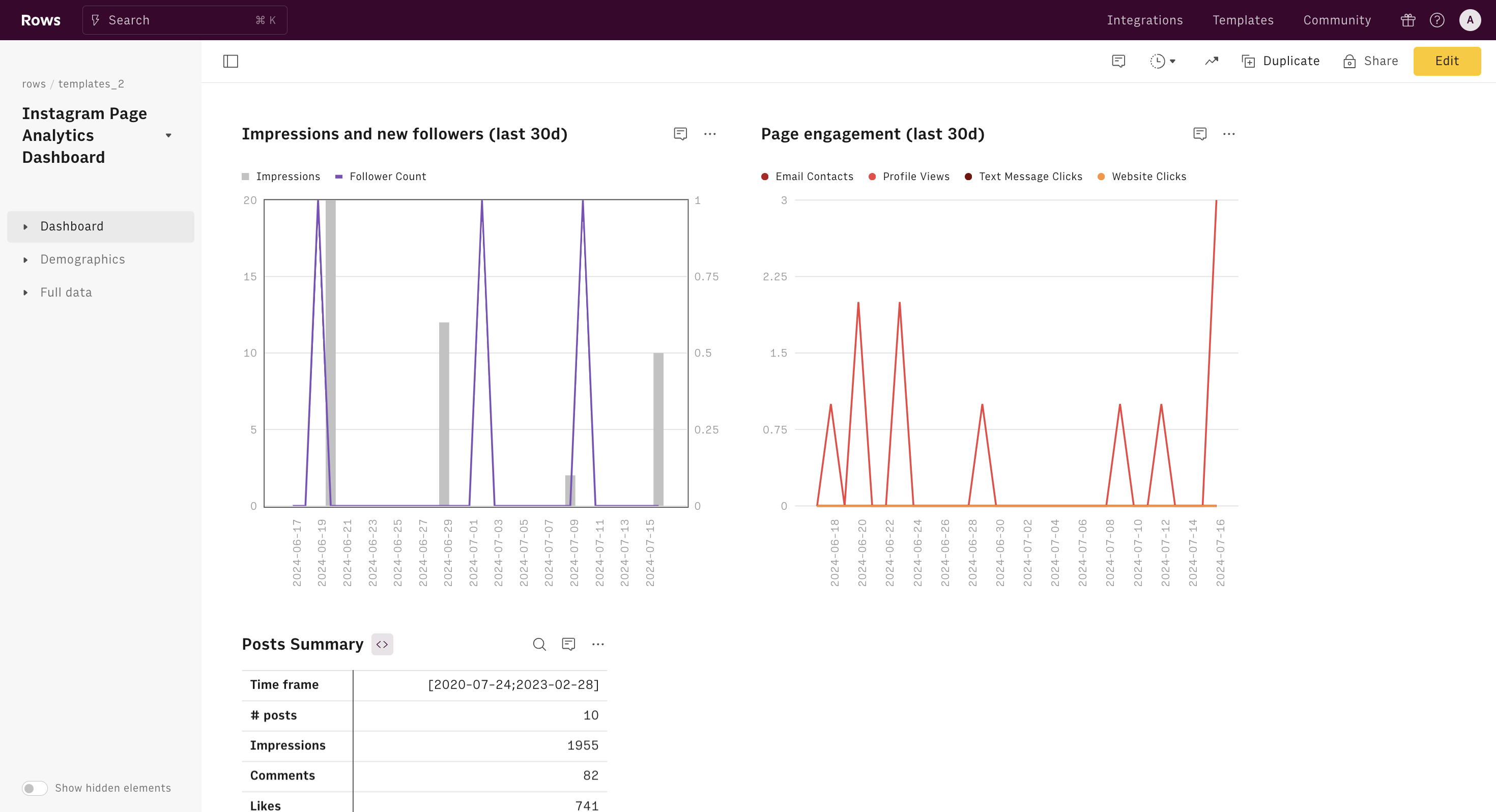What is Base64 Encoding?
Base64 encoding is a method that transforms binary data into ASCII text format, making it easier to transmit data over systems that primarily handle textual data. This encoding breaks down data into sections of three bytes each, then converts these into four six-bit pieces. Each six-bit segment corresponds to a character from a 64-character alphabet used specifically for Base64 encoding. This technique is particularly useful for sending files that may disrupt transmissions, like multimedia files and executable programs, in environments built to support text data.
How to use the Base64 Encoder?
Operating a Base64 encoder is straightforward: all you need to do is to input the string you wish to encode and press Enter. The encoder translates it into a Base64 string. The encoder achieves this by converting each set of three bytes from the data into four encoded characters. This results in a text string that can be easily embedded in HTML, used in emails, or stored in a text file.
Why Use a Base64 Encoder?
Using a Base64 encoder is crucial for applications requiring the safe transmission of binary data in environments tailored for handling text. This encoding is indispensable in several practical areas:
Software Configuration
Configuration files, especially in web services and applications, may encode sensitive data such as keys and passwords in Base64. This helps in keeping the configuration files secure yet easily readable and editable by administrators.
Embedding Media in Web Applications
To improve web application performance, media files like icons, small videos, and fonts can be encoded in Base64 and embedded directly into the HTML or JavaScript. This reduces external requests and speeds up loading times by including media as part of the initial data payload.
Safe Data Storage and Transfer
When storing or transferring data that might include special characters or binary blobs (like serialized data structures or session states), encoding this data in Base64 ensures that it can be safely handled by text-based systems without corruption.
Encoding data into Base64 helps in embedding, storing, or transmitting data efficiently, making it a versatile tool for handling diverse data types in a text-centric environment.
Need to decode a string? Check also our Base64 decoder!







